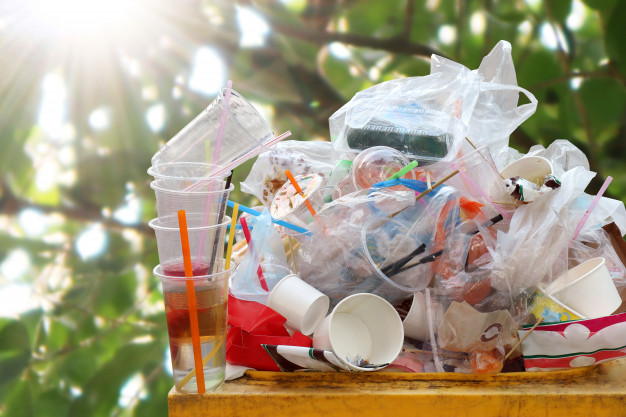Today is the International Plastic Bag Free Day

Today, July 3rd, is the International Plastic Bag Free Day. A day reserved for the data to be put back on the table, perhaps with the intention that, in addition to alarming us, we become aware of the magnitude of the disaster.
Let’s see:
We use plastic bags for 10 to 15 minutes (the ones they give us in the supermarket, for example, which we discard as soon as we get home).
Plastic bags (which we use on average about 12 minutes) take between several tens of years and several hundred (400, 500 years?) to “disappear”.
In reality, no one knows for sure how long the plastic in the bag contaminates because no one has lived for 500 years: the worst is the plastic in the bags (millions of micro-plastic fragments, plus additives and toxins) which lasts, for instance, 1000 years.
In the European Union, the annual consumption is around 100,000 million bags.
In Spain, according to the BOE, an average of 144 bags per inhabitant is used annually, giving a total of approximately 6,000 million bags per year.
Also in the BOE, we can read that “lightweight plastic bags become waste more quickly and tend to disperse as garbage more frequently due to their low weight. Current recycling rates for lightweight plastic bags are very low and, due to a number of practical and economic difficulties, are unlikely to reach significant levels in the near future.
Millions of tons of plastics enter the oceans every year, and they damage, pollute, kill.
In a few years, there will be as many bags in the sea as there are fish.
The Mediterranean is the most “laminated” sea in the world.
In other words:
Today, it rains plastic, we breathe plastic, we eat and drink plastic, we excrete plastic: scientists know this, non-governmental organizations know it, plastic producers know it, and political and administrative authorities know it.
And despite everything, only a very few countries in the world prohibit its production, marketing and use.
Who are these advanced countries? Who are the pioneers and world leaders in banning plastic bags?
Finland, Norway, Switzerland, maybe Denmark …?
No: they are Rwanda, Kenya or Tanzania.
Get surprised little more: Kenya is the country in the world that applies the toughest sanctions to the manufacture, import and marketing of plastic bags. Fines can reach €32,000, and prison terms can raise up to 4 years.
Why? Perhaps because they are not afraid to do what they should.

